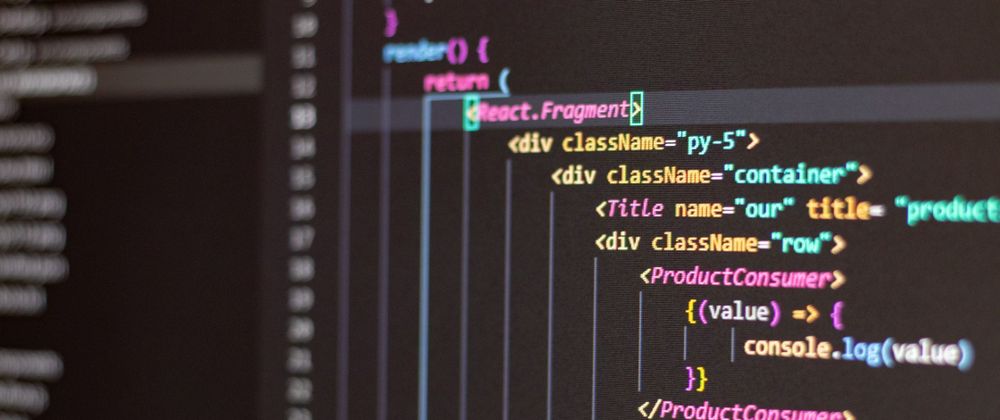In the digital age, maintaining originality is essential, not just for content but also for website code. With millions of websites running similar functionalities, developers often encounter cases of duplicated or stolen code. Plagiarized code can lead to security vulnerabilities, SEO penalties, and legal troubles. This makes it imperative to use a Website Plagiarism Checker to ensure your website code remains unique and protected.
The Growing Threat of Code Plagiarism
Code plagiarism occurs when a developer copies another’s code without authorization or proper attribution. This is common among freelancers, students, and even businesses seeking quick solutions. With the rise of AI-generated code, distinguishing between original and duplicated content has become more complex. This is where an AI-written code checker becomes vital in identifying similarities and ensuring code integrity.
How Code Plagiarism Affects Your Website
Plagiarized code can lead to serious consequences, including:
- SEO Impact: Search engines like Google penalize duplicate code, affecting your website ranking.
- Security Risks: Copied code may contain vulnerabilities that hackers can exploit.
- Legal Issues: Unauthorized use of proprietary code can lead to copyright violations.
- Reputation Damage: Using stolen code can harm credibility and trust.
- Loss of Competitive Edge: Unique code offers advantages in functionality and performance. Duplicated code may limit innovation and weaken your website's reliability.
Detecting Plagiarism with Codequiry
To safeguard your website, using a Website Plagiarism Checker like Codequiry is essential. Codequiry offers an advanced plagiarism detection system that scans your source code against vast databases, including web repositories and academic sources. It goes beyond basic string matching and identifies structural similarities, making it one of the most reliable tools for developers and businesses.
How Codequiry Works
- Upload Your Code – Simply submit your website’s source code to Codequiry’s platform.
- Comprehensive Analysis– The tool scans for similarities across the web, academic submissions, and open-source repositories.
- AI-Powered Detection – Codequiry’s AI code checker helps identify copied segments, whether they are manually written or AI-generated.
- Detailed Report – The system generates a comprehensive similarity report, highlighting matched portions and potential risks.
- Actionable Insights – The report helps developers take necessary steps to modify or replace copied code and improve originality.
Best Practices to Prevent Code Plagiarism
While detection is crucial, preventing plagiarism from happening in the first place is even more important. Here’s how you can protect your website’s code:
- Use Open-Source Licenses Wisely: If you’re using open-source code, ensure compliance with licensing terms.
- Document Your Work: Keep proper records of your original code versions.
- Monitor Your Codebase: Regularly check for unauthorized code duplication.
- **Leverage Codequiry: **Make Codequiry a part of your development workflow to detect plagiarism proactively.
- Educate Your Team: Ensure your developers understand the importance of coding originality and ethical programming practices. -** Use Code Obfuscation:** Implement techniques that make it harder for others to copy and reuse your code without permission.
Why Choose Codequiry for Website Code Plagiarism Detection?
Unlike traditional plagiarism detection tools, Codequiry provides a comprehensive solution tailored for developers and organizations. It not only compares your code with peer submissions but also checks billions of web sources, making it highly effective in detecting copied content from online repositories, forums, and AI-generated code snippets. The platform’s easy-to-use interface ensures that even those with minimal technical expertise can analyze their code efficiently.
Additionally, Codequiry helps businesses and educators enforce academic integrity by identifying and addressing unauthorized code reuse. By integrating this tool into your workflow, you can prevent potential copyright violations, security risks, and SEO-related penalties.
Final Thoughts
With the increasing threat of website code plagiarism, using tools like Codequiry is no longer optional—it’s a necessity. Whether you are a business, a web developer, or a student, ensuring your code remains original helps protect your work, maintain security, and avoid legal complications. By leveraging a Website Plagiarism Checker and AI-written code checker, you can safeguard your website’s originality and integrity effectively.
Stay ahead of code plagiarism risks with Codequiry—the professional solution for detecting and preventing unauthorized code duplication. Take proactive steps today and ensure your code remains truly your own.



Top comments (0)